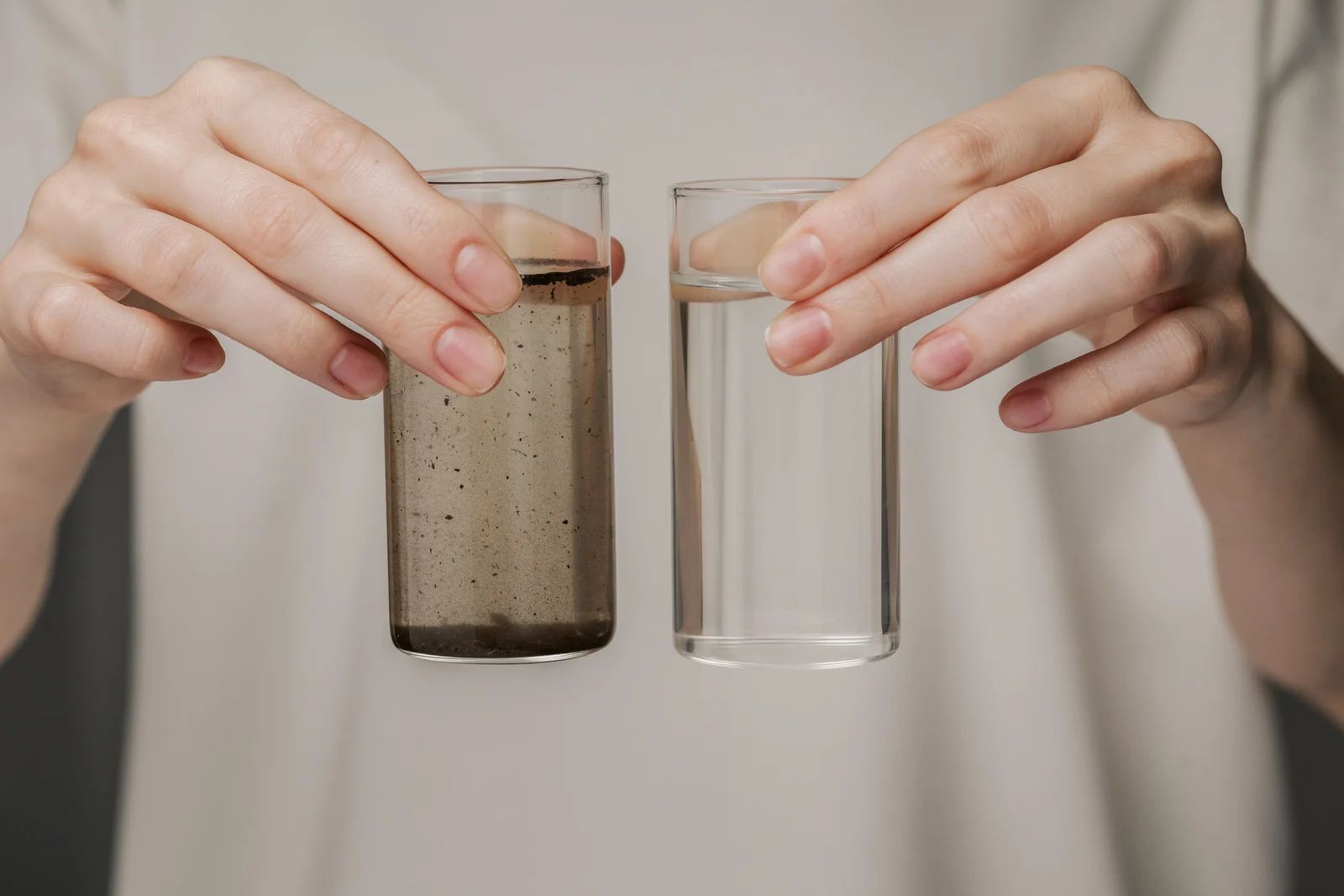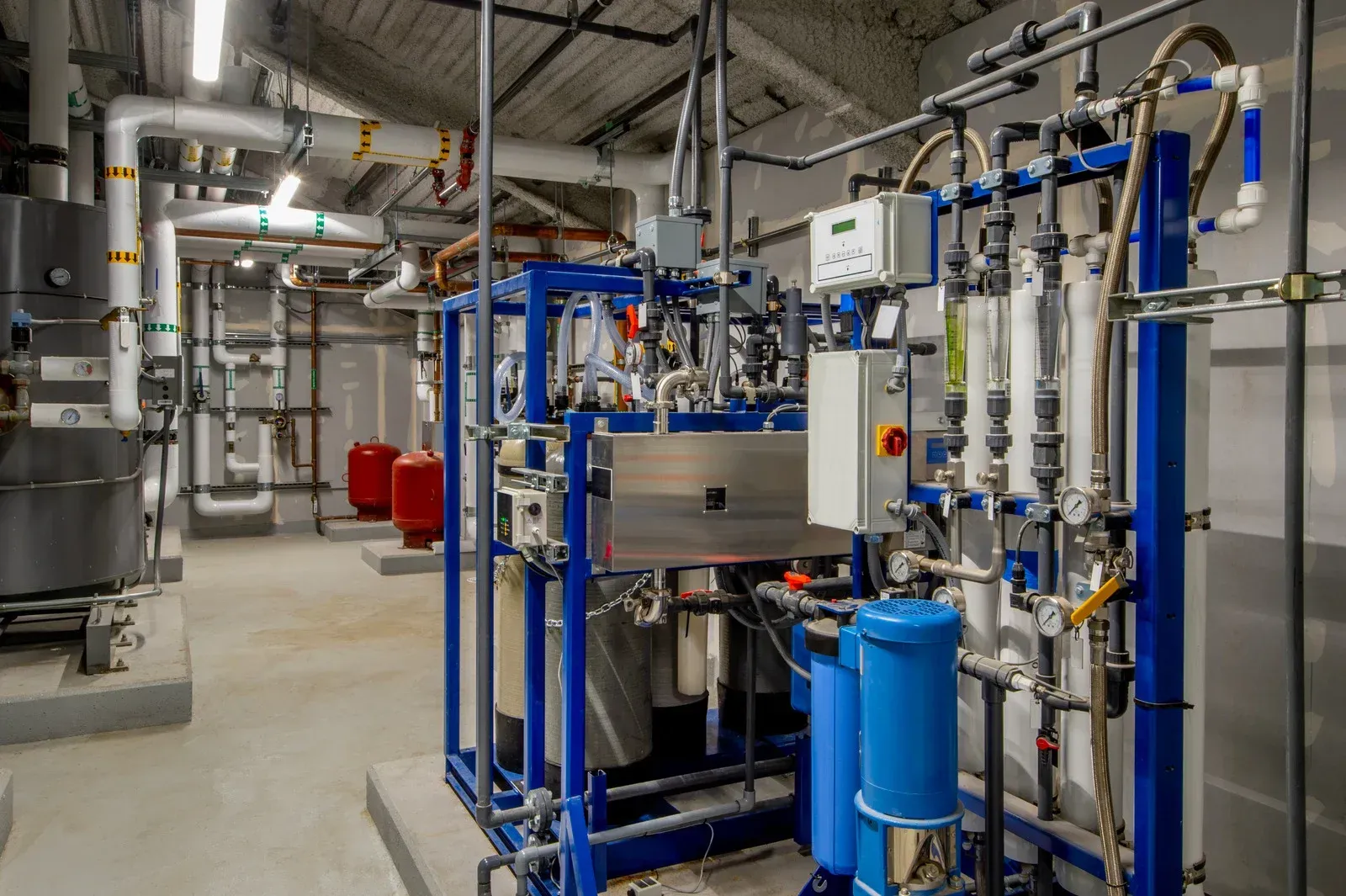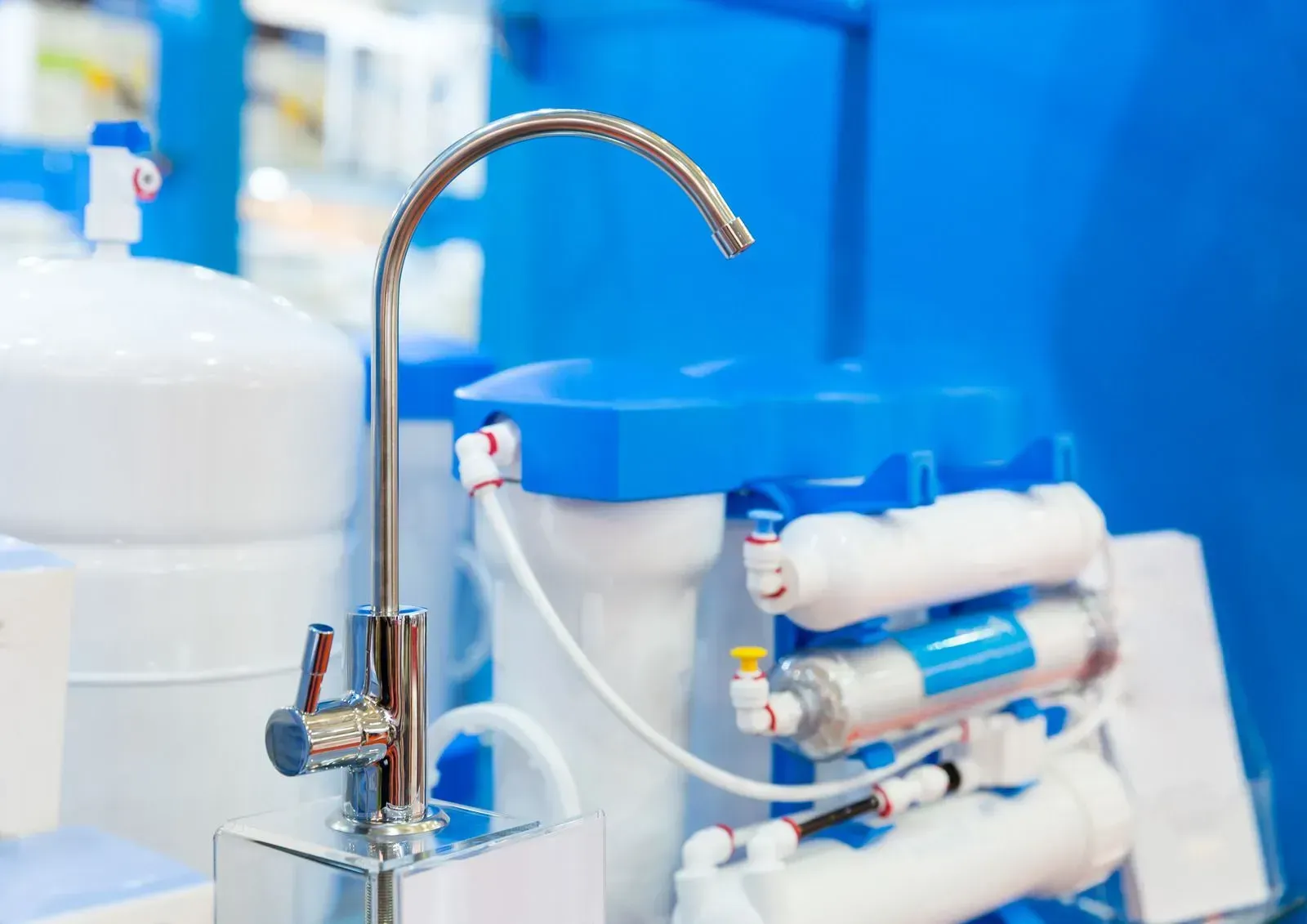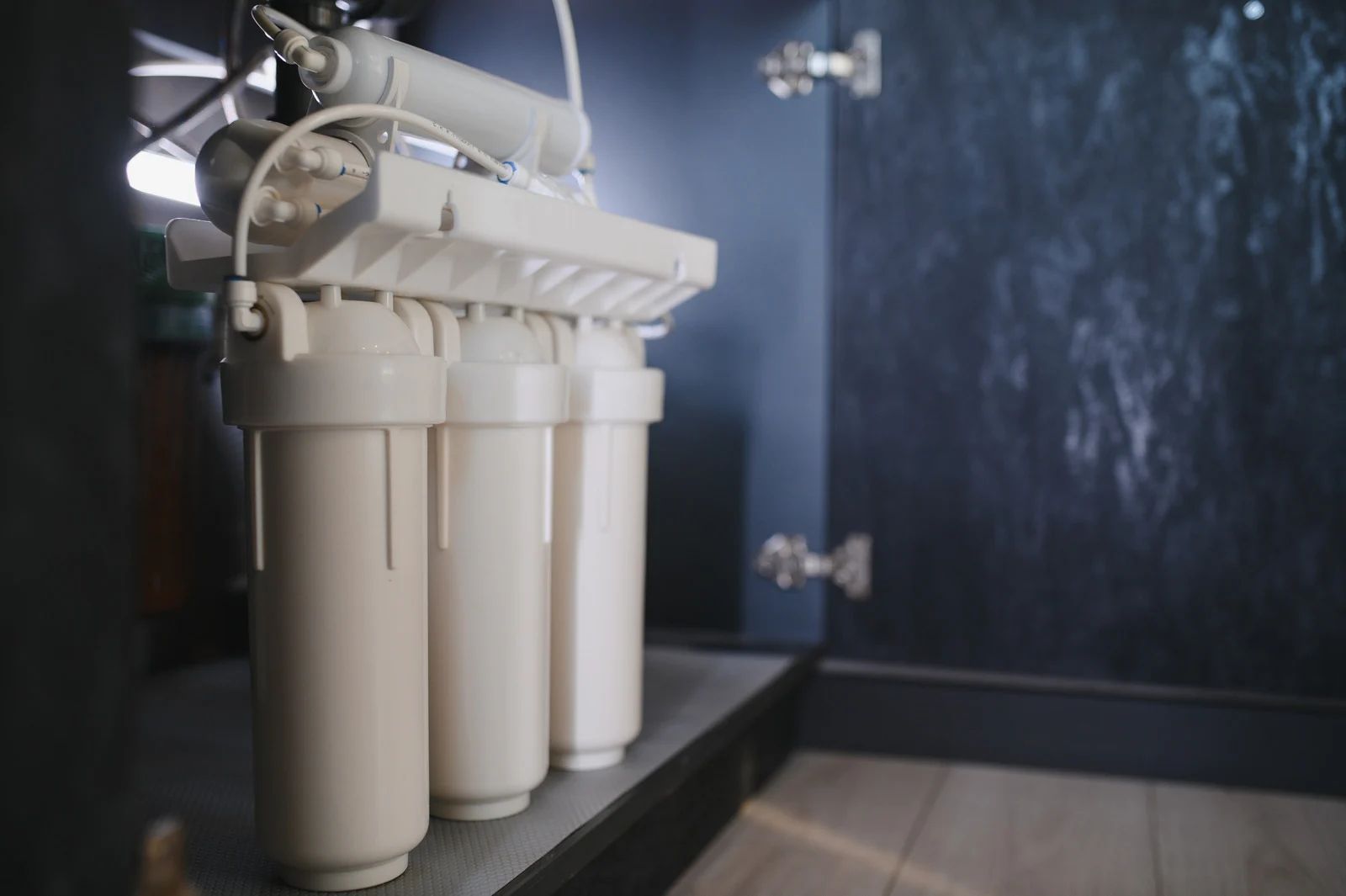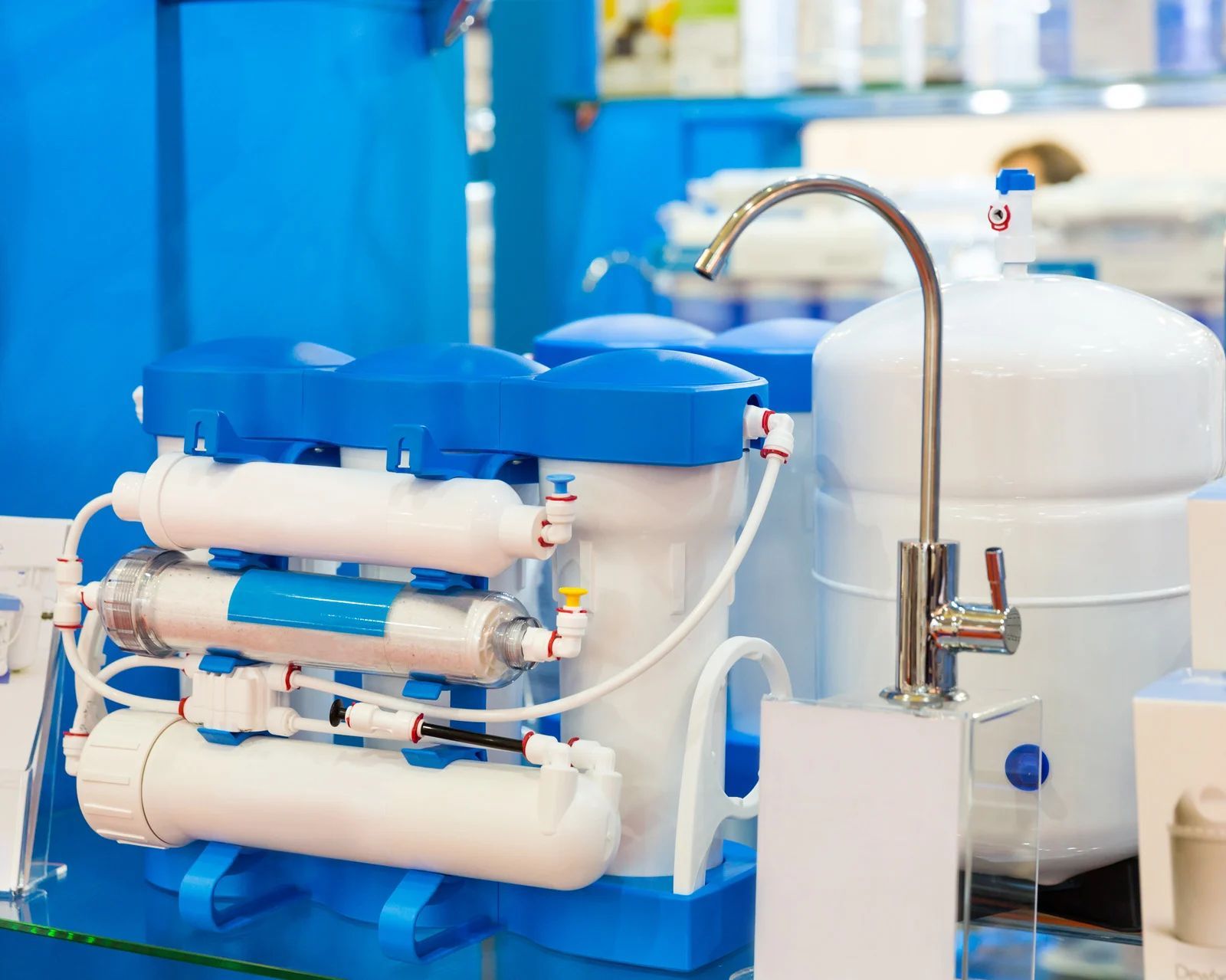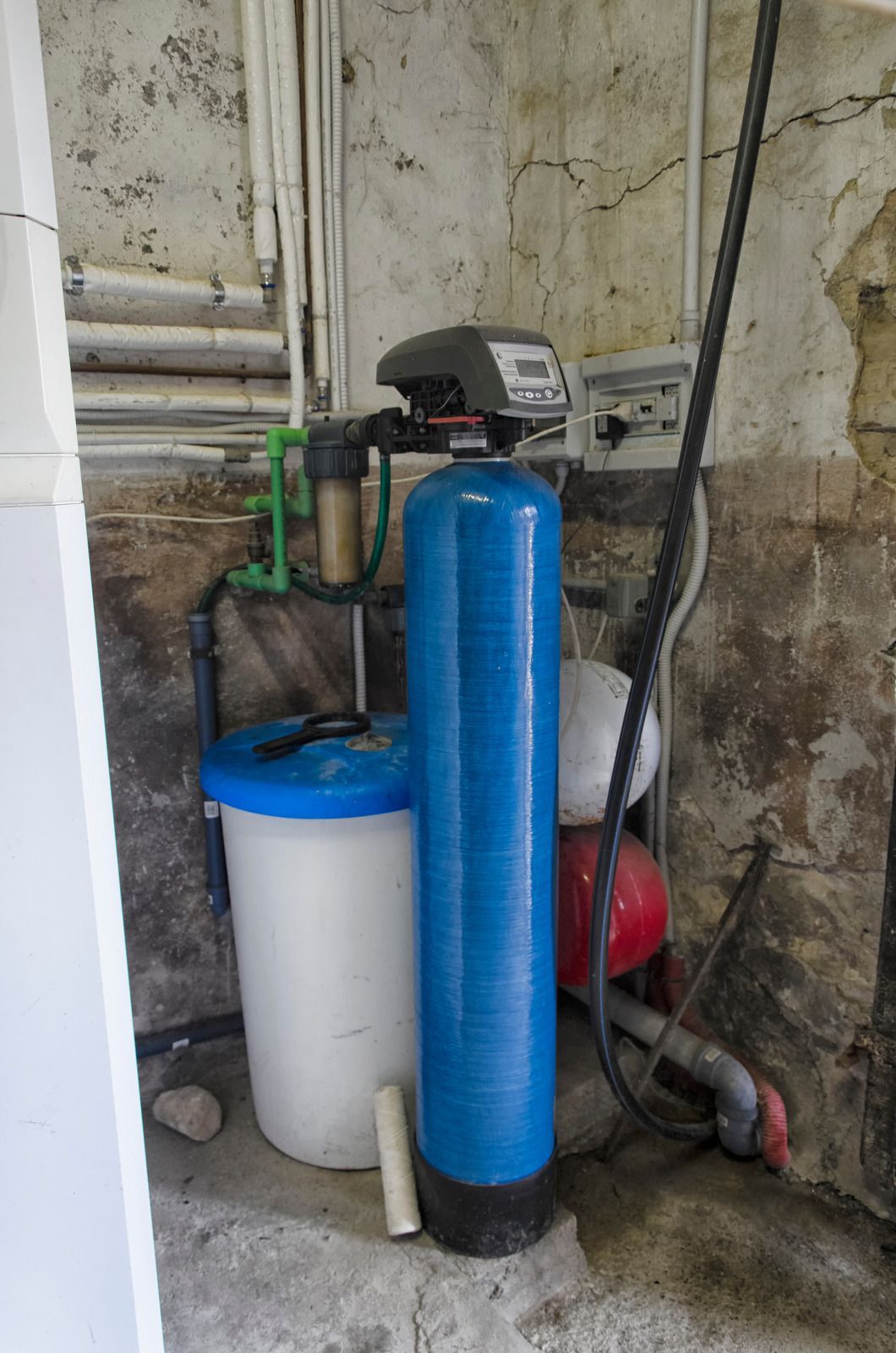Well Water vs. City Water: What’s the Difference and How to Treat Each?
When it comes to household water supply, most homeowners rely on either well water or city (municipal) water. Each source has its benefits and drawbacks, particularly in terms of quality, accessibility, and the treatment methods required. Understanding the fundamental differences between well water and city water is essential for choosing the right water purification solutions to protect your home, health, and plumbing.
While both sources serve the same purpose—providing clean water for drinking, bathing, and household use—they differ significantly in how they’re sourced, regulated, and maintained. Whether you’ve just moved into a new home or are looking to improve your water quality, knowing what you're dealing with is the first step.
1. Water Source and Ownership
City water comes from a municipal system, which sources water from rivers, lakes, or reservoirs and treats it at a central facility before distributing it through underground pipes to homes. The municipality is responsible for water testing, treatment, and compliance with federal safety standards.
Well water, on the other hand, is drawn directly from an underground aquifer via a private well. This water source is independently owned and managed by the homeowner, which means you're also responsible for monitoring and treating it. While well water can be pure, it is not automatically filtered or treated—making regular testing crucial.
2. Water Quality and Contaminants
City water is generally treated for a wide range of contaminants including bacteria, viruses, heavy metals, and chemical pollutants. It often contains chlorine or chloramine to maintain disinfection as it travels through pipes. While this treatment ensures safety, it can leave an unpleasant taste or odor. Well water can be free of added chemicals, but it's more susceptible to natural contaminants like iron, sulfur, arsenic, and coliform bacteria—especially in rural areas. Well water may also pick up agricultural runoff or pollutants if the water table is compromised. Regular testing for microbial, chemical, and mineral content is necessary to ensure safety.
3. Treatment Needs and Options
City water treatment typically involves filtration systems that reduce chlorine, lead, and fluoride while improving taste and odor. Reverse osmosis systems or carbon filters are common choices for households looking to enhance municipal water quality. For well water, treatment often depends on specific test results. Homeowners may need to install systems such as water softeners, iron filters, UV disinfectants, or sediment filters. Tailoring your treatment to the water’s unique profile ensures effective purification and extends the life of plumbing and appliances.
4. Cost and Maintenance Considerations
City water users pay a monthly utility bill based on usage and infrastructure fees. Maintenance responsibilities fall on the city, making it a lower-hassle option for many. However, water treatment upgrades can add additional personal expenses. Well water offers independence and no monthly water bill, but it requires upfront investment in drilling, pump systems, and regular maintenance of the well and water treatment equipment. Long-term costs depend on the water quality and treatment needs specific to your location.
Whether your home uses well water or city water, the key to clean and safe water lies in understanding the source and treating it properly. By investing in the right purification system, you not only protect your family's health but also preserve the value and efficiency of your home’s infrastructure.
Love My Home Services
is a trusted water purification expert based in DeBary, FL, with 26
years of experience. We specialize in treating both well and city water, offering customized solutions to ensure clean, safe, and great-tasting water for your entire household.
